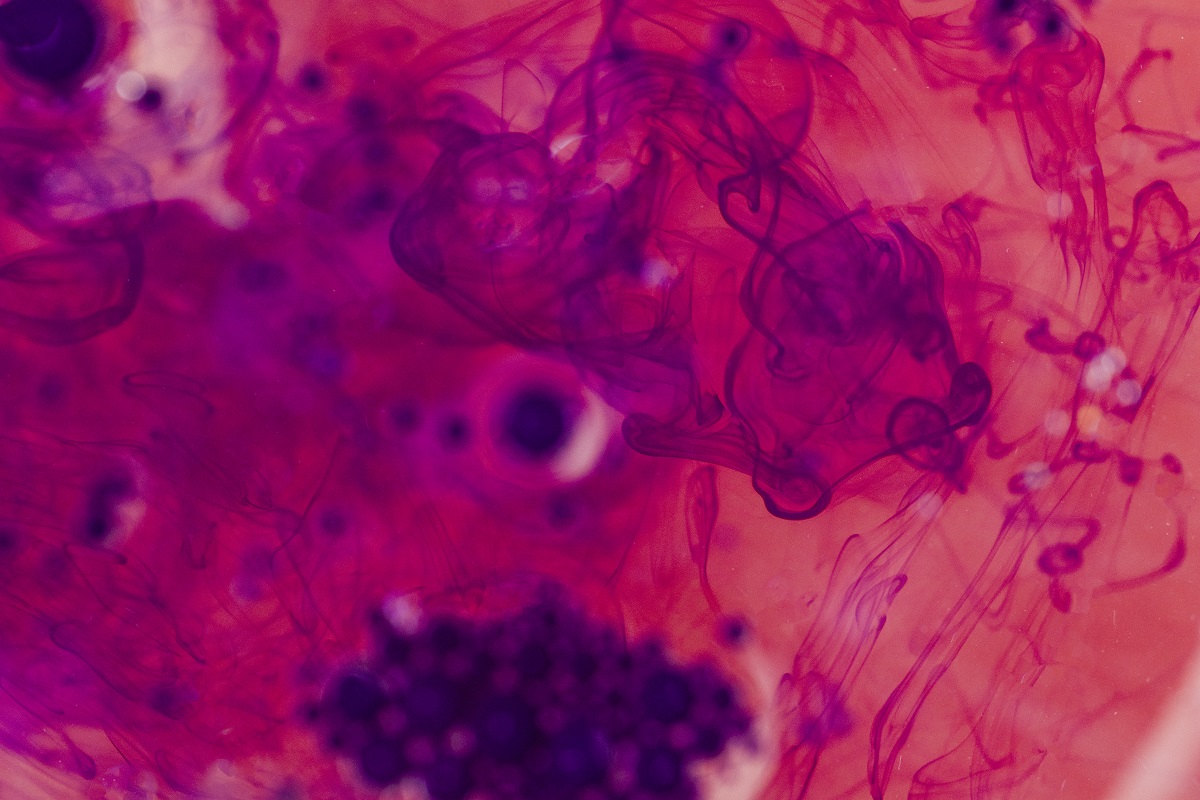KEY TAKEAWAYS
- The study aimed to analyze global DNA methylation in IBC and surrounding tissues to identify key cellular and epigenetic markers.
- Researchers noticed that specific cell subsets and dysregulated markers could be targeted with immunotherapy and epigenetic drugs.
Despite inflammatory breast cancer (IBC) exhibiting clinical signs akin to acute inflammation, the contribution of infiltrating immune and stromal cells in this aggressive disease remains unclear. The tumor microenvironment (TME) undergoes molecular changes, such as epimutations, before showing morphological abnormalities. These changes influence the distribution and interaction between TME components, impacting cancer prognosis and therapy response.
Naiade Calanca and her team aimed to investigate the global DNA methylation profile of IBC and its surrounding tissues to estimate the cellular composition of the microenvironment and identify epigenetically dysregulated markers.
They used the HiTIMED algorithm to analyze bulk DNA methylation data from 24 IBC and 6 surrounding non-tumoral tissues (GSE238092) to determine their cellular composition. They examined the prognostic relevance of infiltrating cell types and their link to clinicopathological variables. CD34 (endothelial cell maker) and CD68 (macrophage maker) immunofluorescence staining was performed on an independent set of 17 IBC and 16 non-IBC samples to further validate findings.
They found lower levels of endothelial, stromal, memory B, dendritic, and natural killer cells in IBC compared to SNT samples. Higher content of endothelial and stromal cells was linked to better overall survival (OS). Endothelial cell proportions correlated positively with memory B and memory CD8+ T cell infiltration in IBC. Distinct DNA methylation profiles for immune and endothelial markers between IBC and SNT samples showed hypermethylated regions in six genes. CD34 and CD 68 protein expression was significantly higher in IBC than non-IBC.
The study concluded that specific cell subsets correlated with better survival and identified dysregulated markers that may be targeted with immunotherapy and epigenetic drugs.
The study was funded by the Region of Southern Denmark Research Fund.
Source: https://pubmed.ncbi.nlm.nih.gov/39103878/
Calanca N, Faldoni FLC, Souza CP, et al. (2024). “Inflammatory breast cancer microenvironment repertoire based on DNA methylation data deconvolution reveals actionable targets to enhance the treatment efficacy.” J Transl Med. 2024 Aug 5;22(1):735. doi: 10.1186/s12967-024-05553-5. PMID: 39103878.



